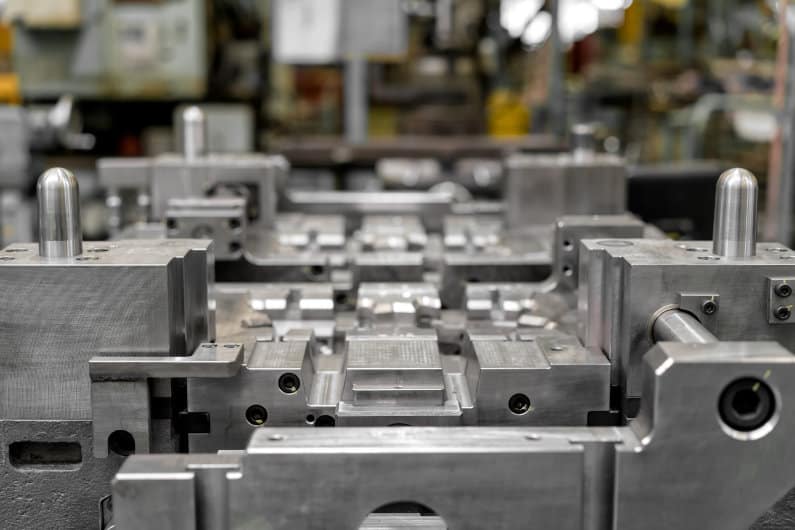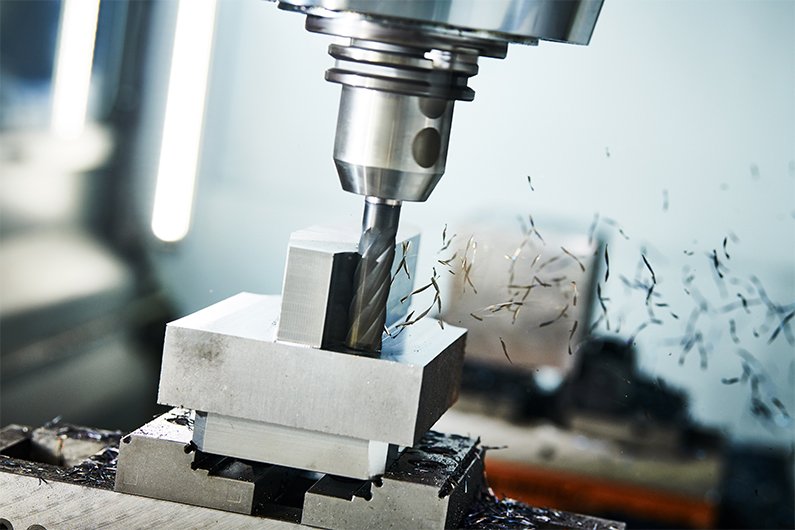Magnesium casting has long been recognized as a versatile and efficient manufacturing process across a wide range of industries. With its numerous advantages, such as lightweight properties, excellent mechanical performance, and high dimensional accuracy, magnesium casting has become a popular choice for many applications. In this article, we will delve into the different industries that benefit from this remarkable casting technique.
1. Automotive Industry
One of the primary beneficiaries of magnesium casting is the automotive industry. With the increasing demand for fuel-efficient vehicles, automakers are constantly exploring ways to reduce weight without compromising structural integrity. Magnesium casting offers a solution by providing lightweight components that contribute to better fuel economy and reduced emissions.
Various automotive parts can be produced using magnesium casting, including engine blocks, transmission cases, steering components, and wheels. The lightweight nature of magnesium, combined with its excellent strength-to-weight ratio, enables the production of lighter vehicles that can achieve higher performance and improved handling.
Magnesium’s resistance to corrosion makes it an ideal material for automotive applications, ensuring long-lasting and reliable performance. The versatility of magnesium casting allows for intricate designs and complex shapes, enabling manufacturers to produce components with a high degree of precision and functionality.
2. Aerospace Industry
The aerospace industry is another sector that greatly benefits from magnesium casting. The lightweight properties of magnesium make it an attractive choice for aircraft and spacecraft applications, where weight reduction is critical for fuel efficiency and payload capacity.
Magnesium casting is utilized in the production of various aerospace components, including engine parts, structural components, and landing gear components. By incorporating magnesium alloys into aircraft design, manufacturers can achieve significant weight savings without sacrificing strength and durability.
Magnesium’s excellent resistance to high temperatures and its ability to dampen vibrations make it an ideal material for aerospace applications. These properties contribute to improved performance, better fuel efficiency, and enhanced safety.
3. Electronics Industry
The electronics industry is another sector that benefits from the versatility of magnesium casting. With the increasing demand for smaller and lighter electronic devices, manufacturers are constantly seeking materials that offer both lightweight properties and excellent thermal conductivity.
Magnesium casting can provide these characteristics, making it a suitable choice for electronic components such as laptop casings, smartphone frames, and heat sinks. The lightweight nature of magnesium allows for the production of compact and portable devices, while its high thermal conductivity ensures efficient heat dissipation, preventing overheating and prolonging the lifespan of electronic devices.
4. Medical Industry
The medical industry also leverages the advantages of magnesium casting in the production of various medical devices and implants. Magnesium alloys are biocompatible, which means they can be safely used within the human body without causing adverse reactions.

Magnesium casting is used to manufacture medical implants, such as orthopedic implants and cardiovascular stents, due to its excellent mechanical properties and corrosion resistance. The lightweight nature of magnesium implants reduces the stress on patients’ bodies, promoting faster recovery and improved comfort.
Magnesium’s ability to biodegrade over time makes it an ideal material for temporary implants. As the implant gradually dissolves, the patient’s own tissue can take over the function, eliminating the need for a second surgery to remove the implant.
Conclusion
Magnesium casting offers immense versatility and benefits across various industries, including automotive, aerospace, electronics, and medical sectors. Its lightweight properties, excellent mechanical performance, and high dimensional accuracy make it an attractive choice for manufacturers looking to improve performance, reduce weight, and enhance efficiency. As technology continues to advance, the utilization of magnesium casting is poised to grow even further in the future, revolutionizing the way industries produce components and products.
-

- High precision magnesium alloy die casting parts for automotive ignition lock
-

- Integrated 3-spoke wheel for MTB with CNC machining &surface treatment
-

- Κάλυμμα RDM ανταλλακτικών αυτοκινήτων από κράμα μαγνησίου
-

- Εξαιρετικά ελαφρύ πιρούνι ανάρτησης για MTB
-

- Magnesium alloy die-casting wheel for ebike
-

- Magnesium alloy Thixomolding power batter housing

 0086-750-5616188
0086-750-5616188 +86 13392089688
+86 13392089688 sales@zhongmei-tech.com
sales@zhongmei-tech.com







